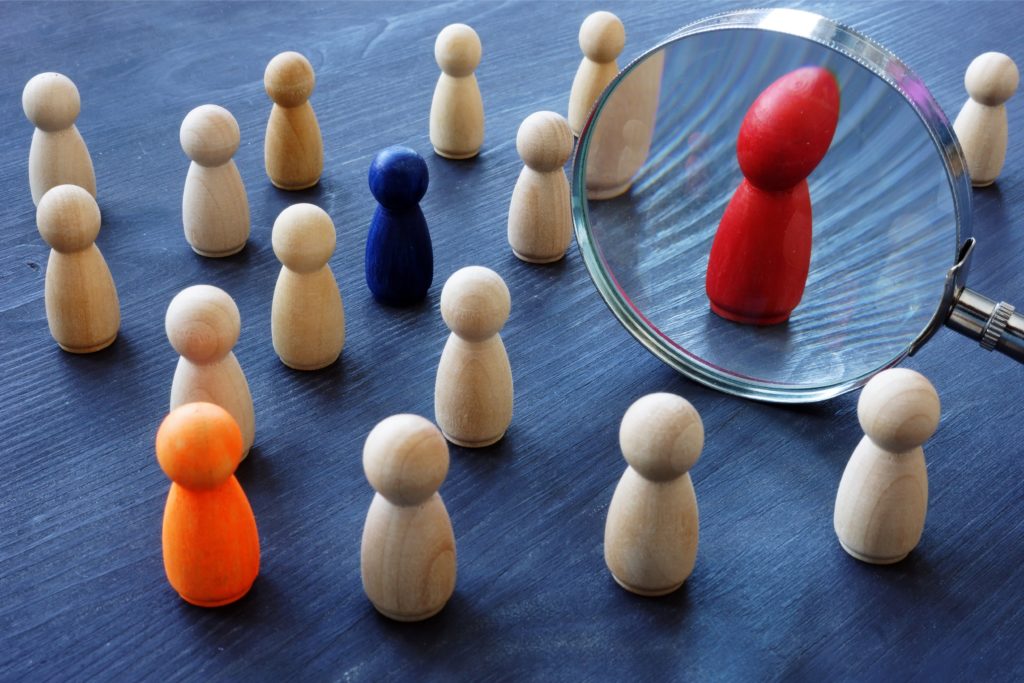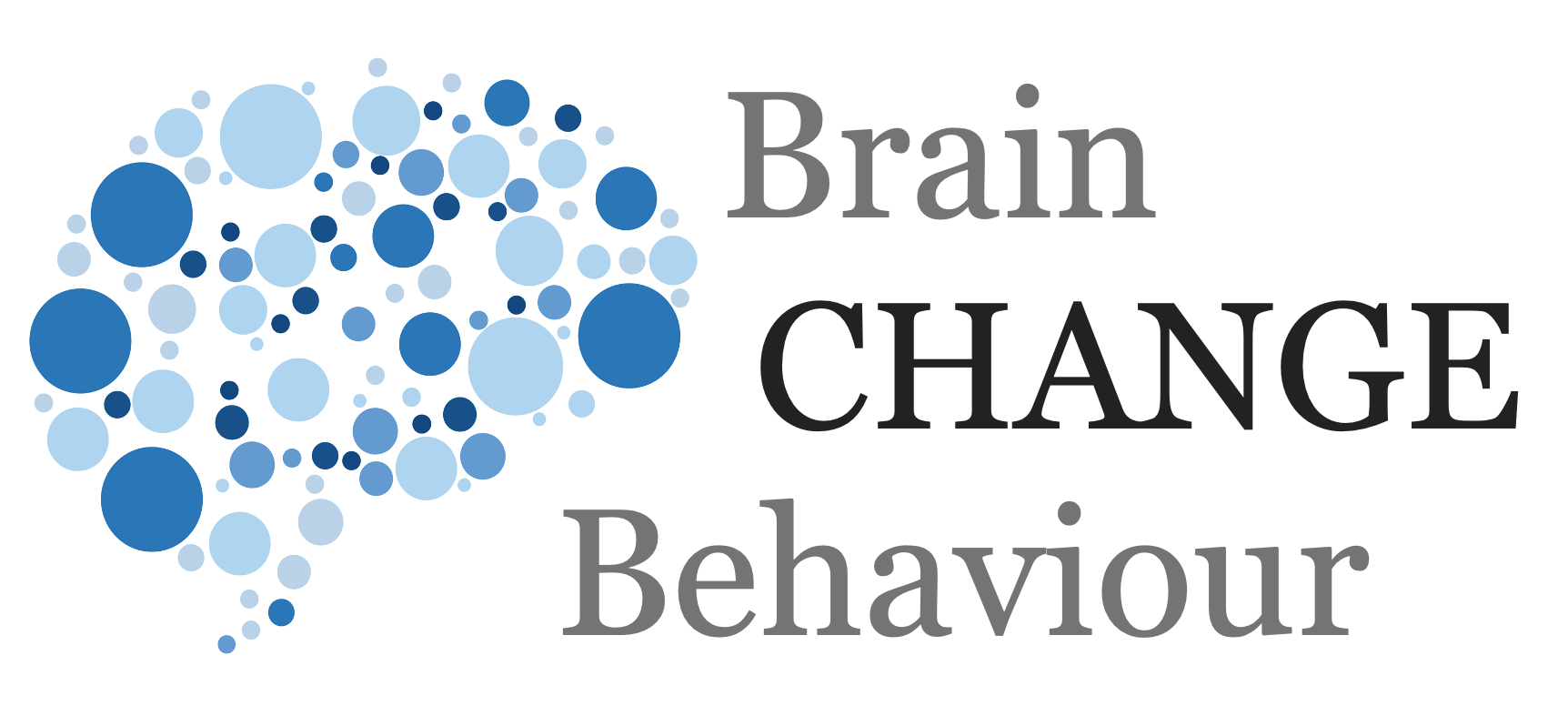
There are a number of problems with the supply side – being able to supply the resources and competencies to drive change. The first and one of the most obvious ones is the financial side. How do finances change as ideas or concepts scale, or behavioural change programmes are implemented across organisations?
Often simple calculations are made that include upfront costs – but maintenance costs are often ignored. And change programme will require maintenance costs. Similarly, additional costs may not be considered. This therefore impacts and causes a voltage drop if the change programme is not financeable long-term.
Another problem with scaling is that of skills and competencies. Consider Michelin-starred restaurants. These are not restaurant chains, they are run by talented individual proprietors. They are not, and cannot be, chains of restaurants because the skills of the proprietor do not scale – they are very individualised. In contrast many successful social media companies are successful because they tap into human nature but are very scalable – posting pictures on Instagram is very scalable, anyone can do it (and does), as is reading or tweeting opinions on twitter.
This means we should be careful of trying to scale certain traits that are very individualised – or rather the larger we try to scale the simpler, easier, or clearer something should be. Companies often want to scale skills such as innovation or sales skills – but often these are individualised skills. Careful thought needs to be therefore given to what is scalable and how.
Simple Takeaways
-
- The larger the scale the simpler it must be
- Consider what is scalable
- Are the skills/behaviours unscalable or unchangeable?
© leading brains 2022
Reference
More Articles
Deadlines Increase Procrastination
What! I’d get nothing done without deadlines!
Ditto, though I can be very productive, I have a natural tendency to procrastinate. In fact it is one of my natural talents!
To Change, Start Right Away
Sorry, stupid question right off the cuff. Change what?
Well, in this recent study they were looking at changing health behaviours.
Nudges Work In Changing People’s Behaviour
So what do you mean by “nudges”?
Richard Thaler is considered is one of the founding fathers of nudge theory in the behavioural sciences proposing nudges as the best method to modify people’s behaviour. Made popular by his book Nudge in 2008.
Followers Make Group Decisions a Lot Worse, or a Lot Better
First off, why is group decision-making important?
Well, a lot (just about all, if you think about it) of the biggest decisions in society and in business are made by groups: executive committees, governments, even the population in referendums.
The Right Rewards Boost Creativity in Business
So who doesn’t want to have creative ideas in their business.
The problem is getting employees to be creative while doing their day job as well. We also know that just asking or demanding creativity can diminish creativity and innovation!
Changing Your Personality — Even If You Don’t Want To!
Are you telling me that our personality can change even if we have no motivation to do so?
In a nutshell, yes. But it depends on which personality trait!
Exercise is Infectious
This is an older study (2017) I came across and found fascinating. As many of you regular readers will know I have reported many times on the benefits of exercise.
Why our Brains Miss Opportunities for Innovation
When we think of innovation we think of creating something new. A new study shows that, however, we, by default, try to add something whereby subtracting something could make something better.
Brain Region for Changing Behaviour Identified
The saying goes “Insanity is doing the same thing over and over again and expecting different results.” This obviously refers to doing the same thing over and over and continually getting a bad result
From Couch to Ultra Marathon with Mental Imagery
On first glance I thought the above headline was fascinating. I am a sports person, look into the neuroscience of motivation, and have been in the “motivational” space for nigh on two decades.










